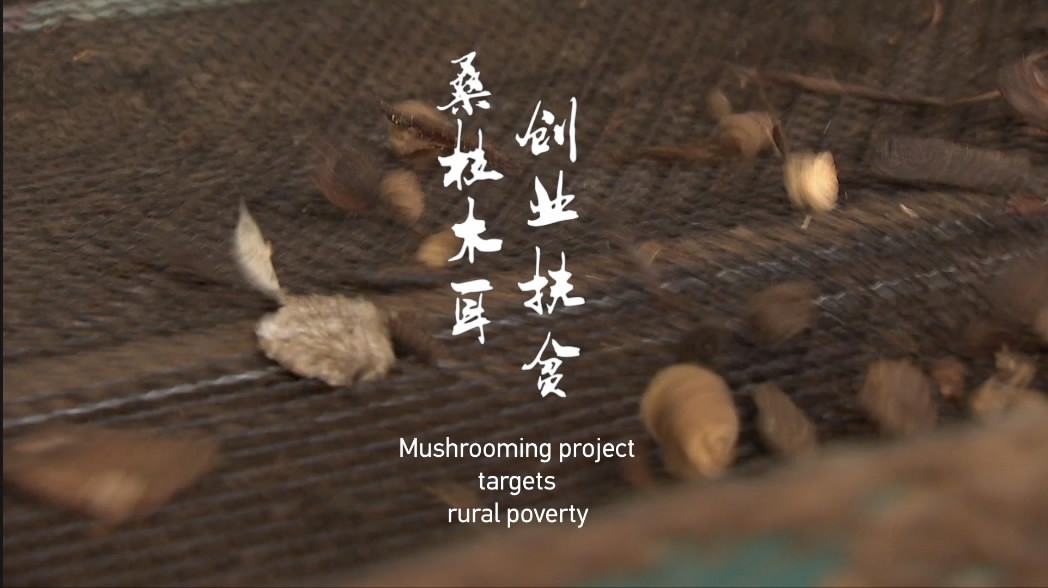Video by Zhou Yiqiu, article by John Goodrich
Hundreds of millions of people in China have risen above the poverty line over the past three decades, aided by a combination of economic growth, targeted poverty reduction, and social development programs.
But low living standards are an enduring problem. About 43 million people continue to live in poverty in China, Chen Zhigang, deputy director for the Leading Group Office of Poverty Alleviation and Development of the State Council, said in May 2017.
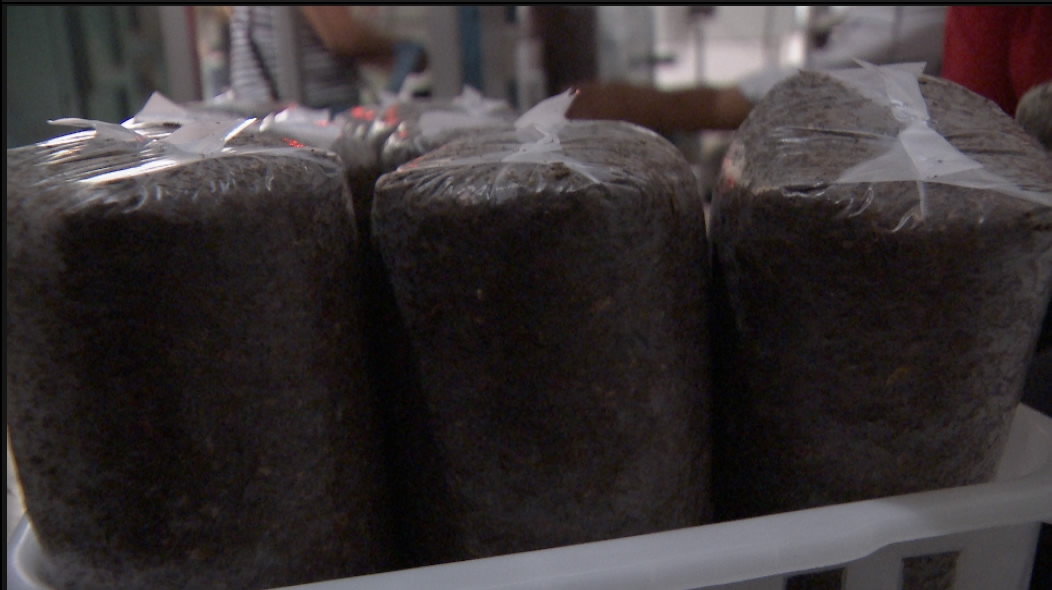
Mushrooming micro-project targets rural Anhui poverty. /CGTN Photo
Mushrooming micro-project targets rural Anhui poverty. /CGTN Photo
While urban areas have prospered and attracted workers from across the country, poverty has persisted stubbornly in some rural communities.
That is changing rapidly -- around 12.4 million rural people were lifted above the poverty line of 2,300 yuan (350 US dollars) in 2016 alone.
Micro-projects are one route to relative prosperity in difficult-to-reach places – creating new employment opportunities and greater sustainability.
CGTN Digital visited the Huangshan Mountain region in eastern Anhui Province to find out more about a remote business that is both creating jobs and providing vital skills training for local people.
Huangshan mushrooms
Siyuan Eco-Agriculture Factory is a mushroom seed production facility in the Huangshan Mountain region, an area of natural beauty in a province known for its thriving agricultural sector.
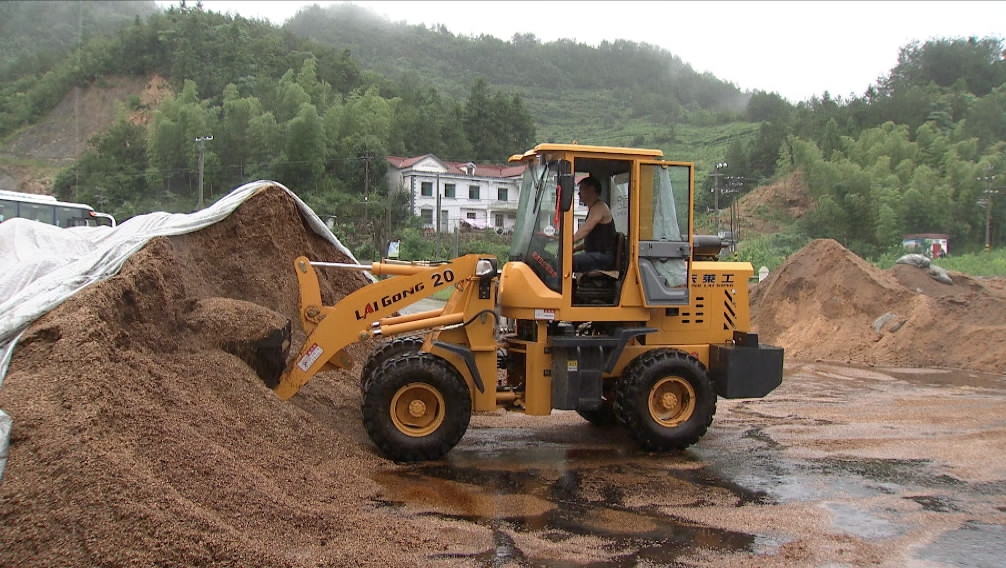
Mushrooming micro-project targets rural Anhui poverty. /CGTN Photo
Mushrooming micro-project targets rural Anhui poverty. /CGTN Photo
The scenic spot in Laibang Town, Yuexi County, sited amid rocks and mist on the steep mountainside, is not suited to heavy industry or major infrastructure development.
But after an initial 1.4 million yuan (215,000 US dollars) investment from Sinopec, a state-owned oil firm, the mushroom company has developed fast to play a part in tackling two of China’s key goals: poverty alleviation and environmental protection, which are also expected to be on the agenda of the coming 19th National Congress of the Communist Party of China (CPC).
It creates cylindrical planting pouches from which Anhui Province’s famous black wood ear mushrooms sprout. Sawdust from discarded mulberry wood – previously used in the region’s silkworm industry – is added to the base to create the perfect mix for mushroom growing.
"We gave great support to this project, because we found it can also support development-oriented poverty alleviation," Wang Xunwei, secretary of the CPC committee of Laibang Town, told CGTN Digital.
"First, it is an environmentally-friendly project, which turns trash into treasure; second, the skills to plant mushrooms are very simple to learn and very easy to promote; third, we also provide microfinance to the farmers. They mortgage their land for loans, and use the money to buy mushroom seeds, so they have money for mushroom farming."

Mushrooming micro-project targets rural Anhui poverty. /CGTN Photo
Mushrooming micro-project targets rural Anhui poverty. /CGTN Photo
Each of the company’s 40-plus workers is paid between 1,000 and 2,000 yuan (150-300 US dollars) every month, but can also buy mushroom seeds to plant on personal land to create their own mini-farms and supplement their incomes – potentially by over 10,000 yuan (1,500 US dollars) per season.
The mushroom plant is flourishing -- and providing fresh opportunities for locals -- but the number of people involved highlights the challenges to relieving rural poverty in China.
Siyuan Eco-Agriculture Factory has so far offered employment to more than 10 people previously living in poverty – but there are around 1,700 poor families in the area. An array of such entrepreneurial endeavors would be needed to create opportunities for them all.
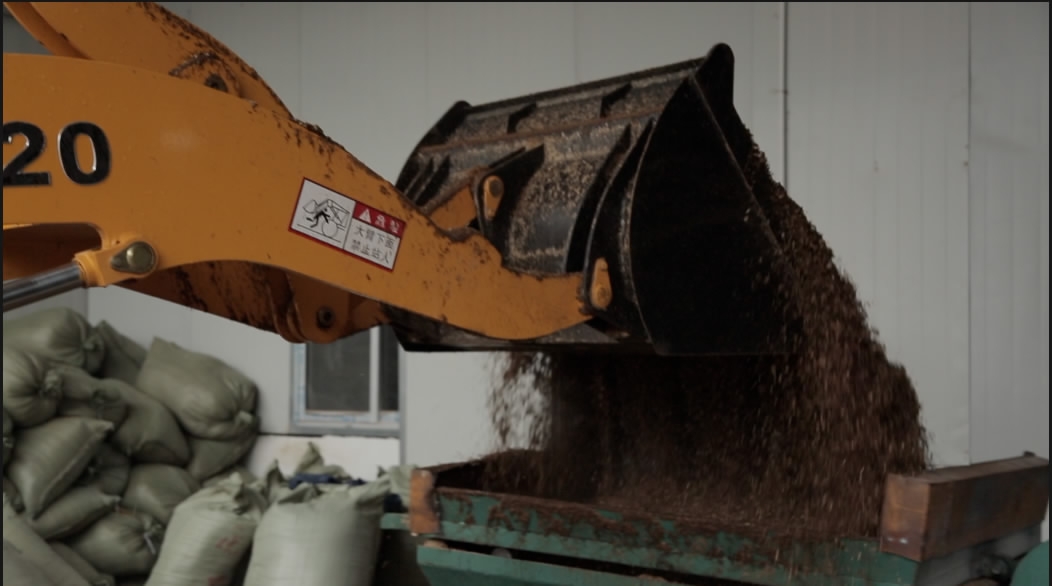
Mushrooming micro-project targets rural Anhui poverty. /CGTN Photo
Mushrooming micro-project targets rural Anhui poverty. /CGTN Photo
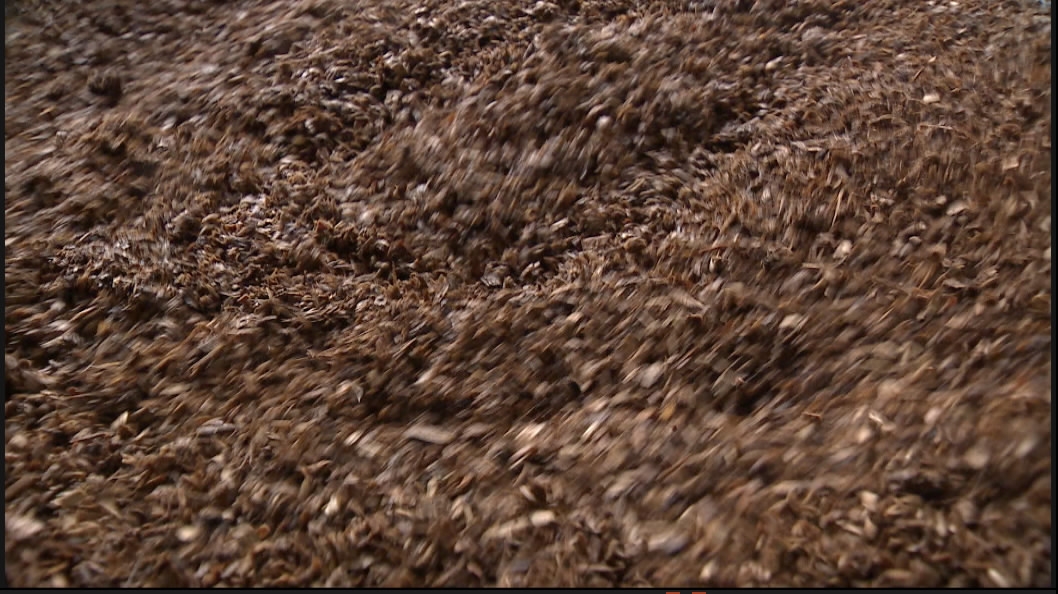
Mushrooming micro-project targets rural Anhui poverty. /CGTN Photo
Mushrooming micro-project targets rural Anhui poverty. /CGTN Photo
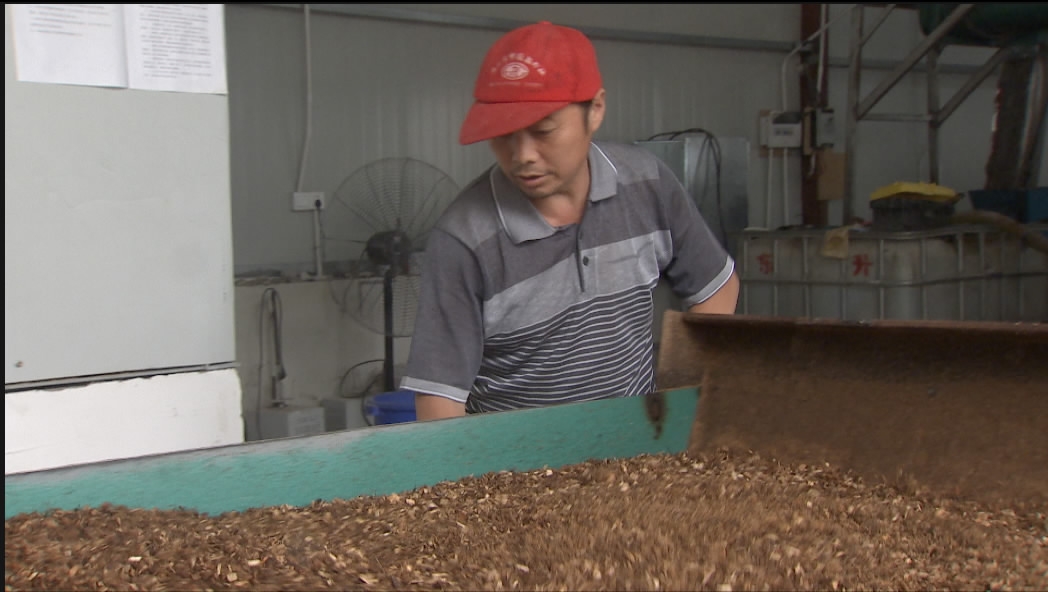
Mushrooming micro-project targets rural Anhui poverty. /CGTN Photo
Mushrooming micro-project targets rural Anhui poverty. /CGTN Photo
In 2016, China invested 100 billion yuan (14.4 billion US dollars) in government funds to help alleviate poverty. This year, it plans to pull another 10 million people above the poverty line.
The mushroom company is a tiny cog in a mighty process, playing a small part in creating a prosperous, sustainable, and green China -- and for at least 10 people, it has been life-changing.

